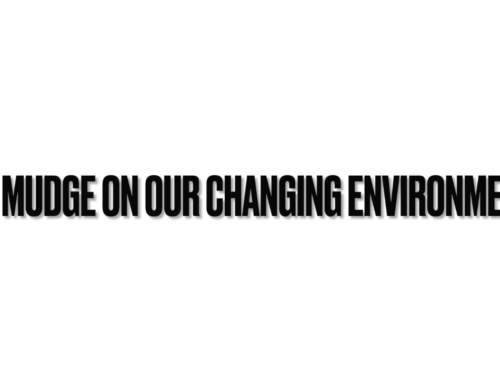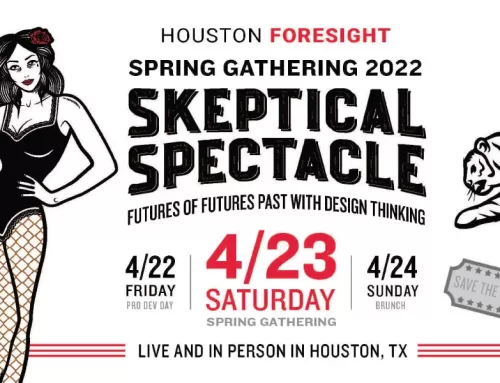I’ve noted my plunge into the foresight literature in support of my topic “Integrating Forsight into Organizations.” It’s raised several topics. For instance, I want to revisit what we call what we do, but before focusing on the name, for which I’ll use foresight as the placeholder, where does foresight “stand?”
A first question if we’re going to integrate foresight into organizations, what do we mean by foresight? Okay, it’s a bit academic, but hey, we’re an academic program. And for you practitioners, if some asks you what you do, and what is it exactly, it is very helpful to have a ready answer. In fact, we have our UH Foresight students prepare an Elevator Speech for just this contingency. Anyone who has been caught off-guard by this will appreciate tackling it. First, a few definitions might help. The Cambridge Online Dictionary says:
- Capability: the ability to do something
- Field: an area of activity or interest
- Discipline: a particular area of study, especially a subject studied at a college or university
- Profession: any type of work which needs special training or a particular skill, often one which is respected because it involves a high level of education
So, yes, it meets the capability test, although there would be question over what the “something” is. The literature review suggests that foresight can at the very least be called a field. It’s been around for half a century, there are established organizations, some academic programs, consulting companies, and a fledgling professional association. While it hasn’t quite coalesced, I’d argue that it’s all part of the maturation process. But even that is contentious. Mike Marien suggested back in 2002 that the claim that foresight is a field is one of seven disabling myths: “for those who persist in proclaiming that there is a ‘field’, I simply ask that you tell me who is in it, and who is not, and why. I have never seen any instance where those who claim a field try to make this distinction. And the more I look at a wide variety of futures-thinkers, the more confused the picture gets.”
Good questions by Mike. Let’s address those in an upcoming post. Stay tuned. Andy Hines




